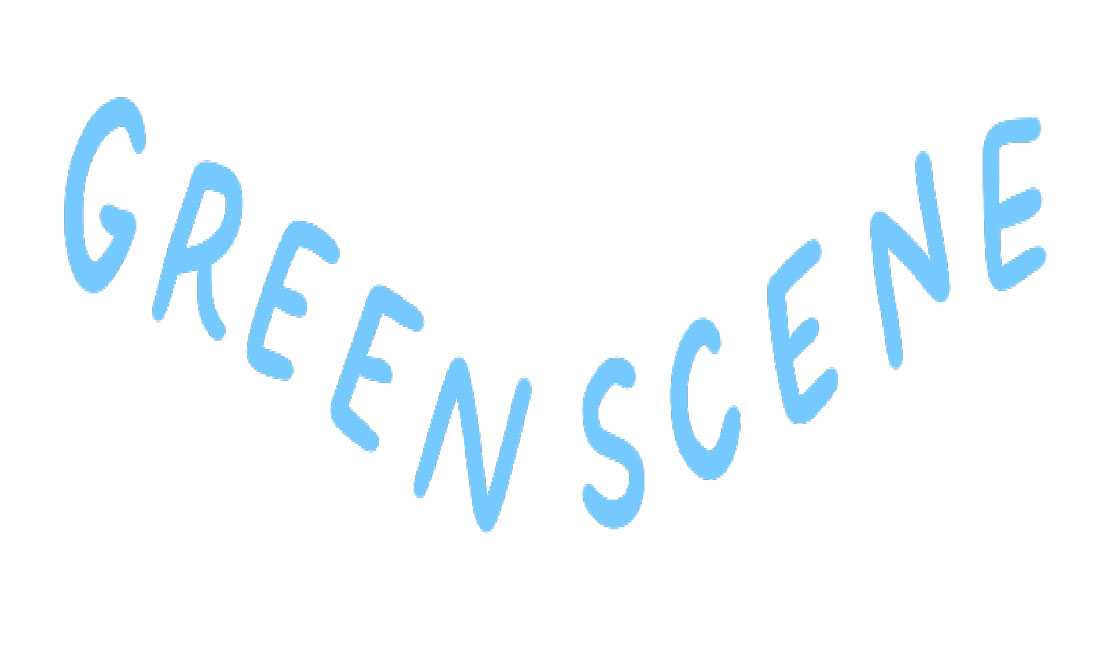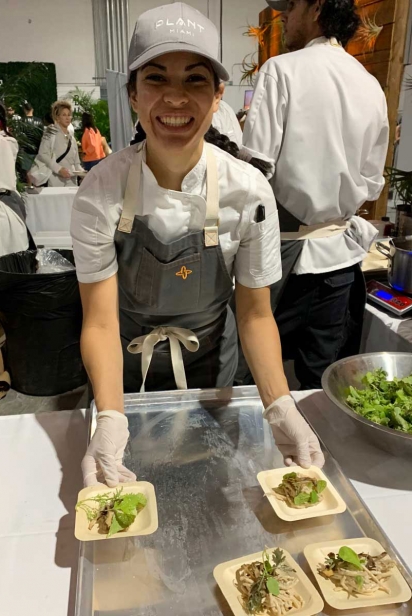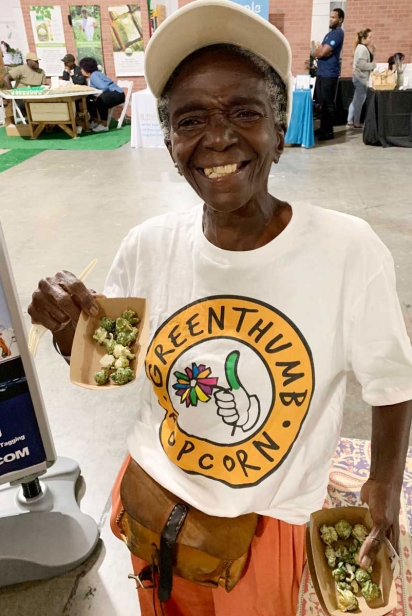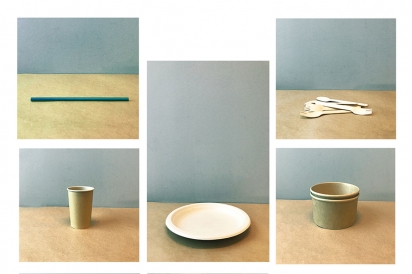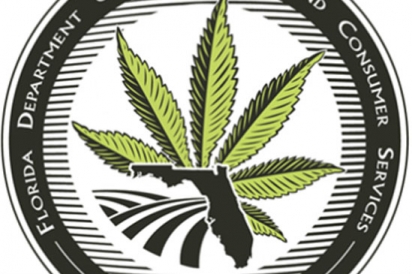Green Scene
PROTECTING OCEANS: Key West Food and Wine Festival
10 YEARS AGO…
The Key West Food and Wine Festival debuted with a series of events with a leisurely vibe: a barefoot beach party, shrimp boil, sunset tastings, among others. But this year’s festival, Jan. 26-Feb. 2, is more than a gastronomic affair. There’s a conscious effort to draw attention to the state of the oceans, says Mark Certonio of Dolce Events. To build awareness of sustainable practices, says Certonio, the festival aims to educate and engage tourists beyond well-publicized bans of plastic straws and harmful sunscreen. They’ve partnered with Mote Marine Laboratory, Surfrider Foundation of the Florida Keys and Reef Relief. Artist Andreas Franke’s new exhibition, Planet Ocean, uses art to illustrate curbing reliance on plastics to preserve the underwater biosphere. It’s easy to make a food connection, Certonio says. “We have great fish, lobster, Key West shrimp. People come here to have fun, enjoy food and drink and our watersports. Well, that will be gone if we don’t have a clean blue ocean.”
PLANT-BASED LIVING: Seed Food and Wine Festival
For Alison Burgos, who co-founded the popular annual Seed Food and Wine Festival, success is measured not in how many vegans show up, although it’s fine that they do. “Our goal is to speak to everyone else,” she says. “It’s about eating local, organic, trying to get back to the basics. It’s about starting conversations that can lead to a more sustainable lifestyle that’s healthier for people and the planet. In the new The Blue Zones Kitchen by Dan Buettner, they’re looking at communities where people are living longer and healthier,” she says. “They all eat plant-based diets, no fast food. They’re riding bikes, sitting down to eat with the families. People are starting to get that.”
Seed’s events – plant-based burger battles, a taco tailgate party, yoga sessions, brunch, a market day, among others – spark conversations with well-known chefs, local and national voices, talking about their own journeys, Burgos says. “People are having conversations and if we’re able to spark that and make new decisions like Meatless Mondays, that’s a win for us.”
MORE GREEN MOVEMENTS – Sustainable Products in the Marketplace
While bans on single-use plastics and Styrofoam in municipalities like Coral Gables are ending up in court, many citizens are fed up with products that end up in waterways and landfills and are adopting reusable shopping bags, packaging and water bottles. Bamboo utensils, compostable plates and eating utensils made from sugarcane stalk waste known as bagasse, palm-leaf fiber tableware, stainless-steel straws are widely available for businesses and consumers. One of the companies coming up with products using renewable materials is Lean Orb, a Miami-based business on a zero-waste mission, selling items like bubble tea paper straws and wheat straw clamshells. Small retailers, like Verde Market, are devoted to reducing waste by offering refill stations for bulk supplies and reusable containers. Some local farmers markets feature vendors selling bamboo toothbrushes and other eco-friendly products.
CBD and Industrial Hemp
A decade ago, it seemed hard to imagine that in 2019, Florida would have a director of cannabis. But here we are. In 2019, Agriculture Commissioner Nikki Fried appointed Holly Bell to to work with farmers, investors and government to build an infrastructure for developing Florida’s hemp industry in Florida. As of January 2020, hemp extract (CBD intended for ingestion) has been incorporated into state food safety programs and inspectors will be ready to conduct inspections and enforce rules. The University of Florida’s Institute of Food and Agricultural Sciences (UF/IFAS) has already started planting industrial hemp throughout the state, including at the Tropical Research and Education Center (TREC) in Homestead, where they will evaluate its usefulness as an alternative crop for Florida.


